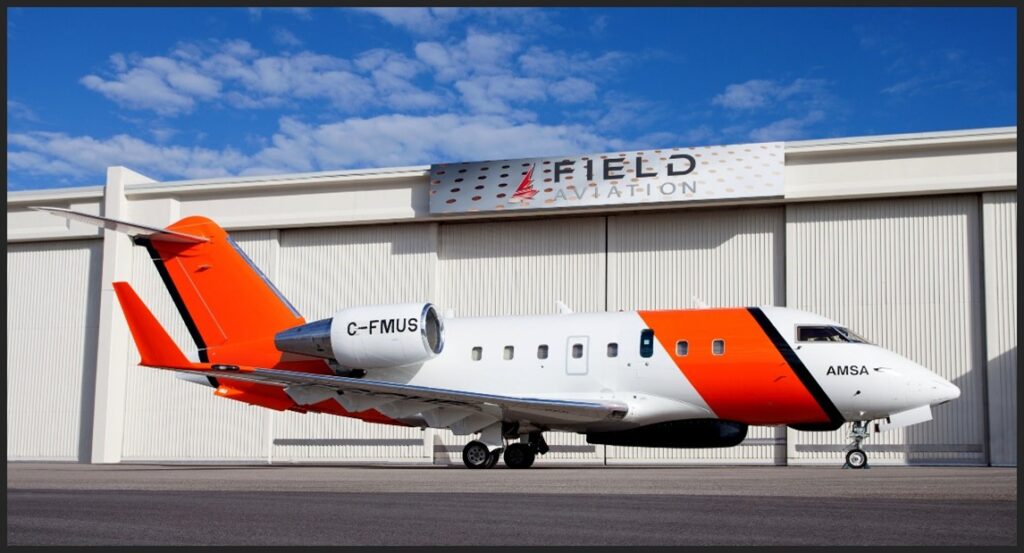Summer in Australia is often the busiest times in our industry – whether you are a commercial or recreational mariner!
Our commercial sector, especially impacted by tourism will see some of the biggest turnover since COVID pandemic, and hopefully you are all supported both physically, emotionally and mentally for this upcoming time.
Whilst our recreational mariners, will take this gorgeous weather holiday time to spend on the water enjoying it safely.
This means that whilst we hope that we may not need to do the task, the chances are increased that you may be faced with a search and rescue operation (SAR) – however big or small.
AMSA coordinate all search and rescue operations (SAR) in Australia and activate local Water Police who may then task local rescue organisations to assist with their efforts.

When a distress beacon is activated AMSA react by calling the emergency contacts listed in the EPIRBs registration and then if necessary go into action. The same thing applies when a MAYDAY called is received.
Depending on the location of the distress beacon or mayday AMSA may launch one of their aircraft to conduct a search and/or activate local Water Police who may in turn task the local rescue organisation.
AMSA or the local Water Police may request any vessels in the vicinity to assist with the SAR operations and will advise you of their specific requirements.
Commercial vessel operators should have a procedure for assisting with SAR efforts and this should be followed to ensure safety and insurance requirements are covered.
When requested to participate in SAR the coordinator (usually Water Police) will usually direct you to a search grid. All you have to do is follow their directions and maintain regular contact to relay all relevant information.
When required the SAR coordinator will tell you to stand down and issue any further instructions as may be required.
While this procedure applies mainly to those who operate in more open waters but in our view should apply to all vessels whether operating in open waters, bays or estuaries!
We’ve been asked why it should be included in SMSs for vessels that work in rivers. Our answer is simple. For us there are two points to take into account here…
For most operators this procedure should be based on working with relevant emergency groups such as the local Water Police and rescue organisations.
More specific procedures are required for some operators which provide rescue services or vessels operating in isolated locations where help is not easily obtained quickly.
The primary things to consider prior to developing a search and rescue procedure are…
While a SAR procedure is not mandatory we strongly recommend it, especially for those who operate offshore.
You never know when you may be required to assist in SAR or be in a situation where you are involved in an incident that you are the victim in need of SAR!
Many of the incidents that occur requiring SAR can be eliminated or if they do occur can be safely and efficiently dealt with by regular maintenance and having crew that have appropriate training and…ongoing training is provided.
Our best tip is to ensure your maintenance and crew training are up to date. Emergency training for crew needs to be regular not just when they join the vessel so please ensure your crew are properly trained!